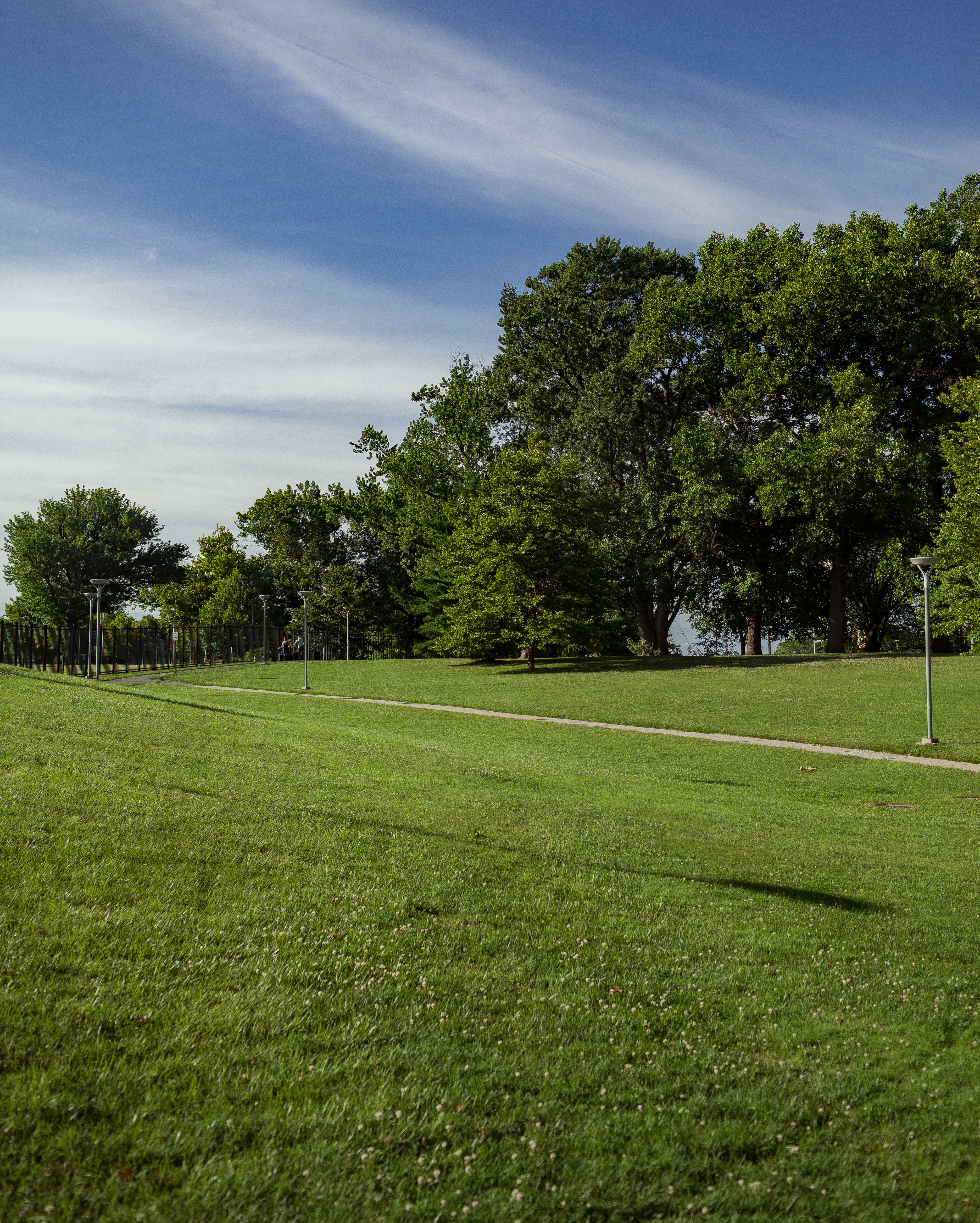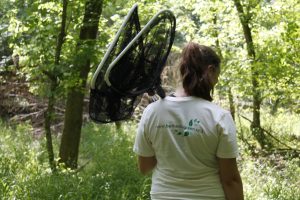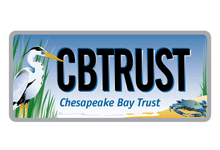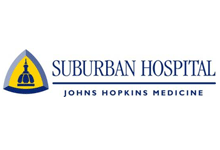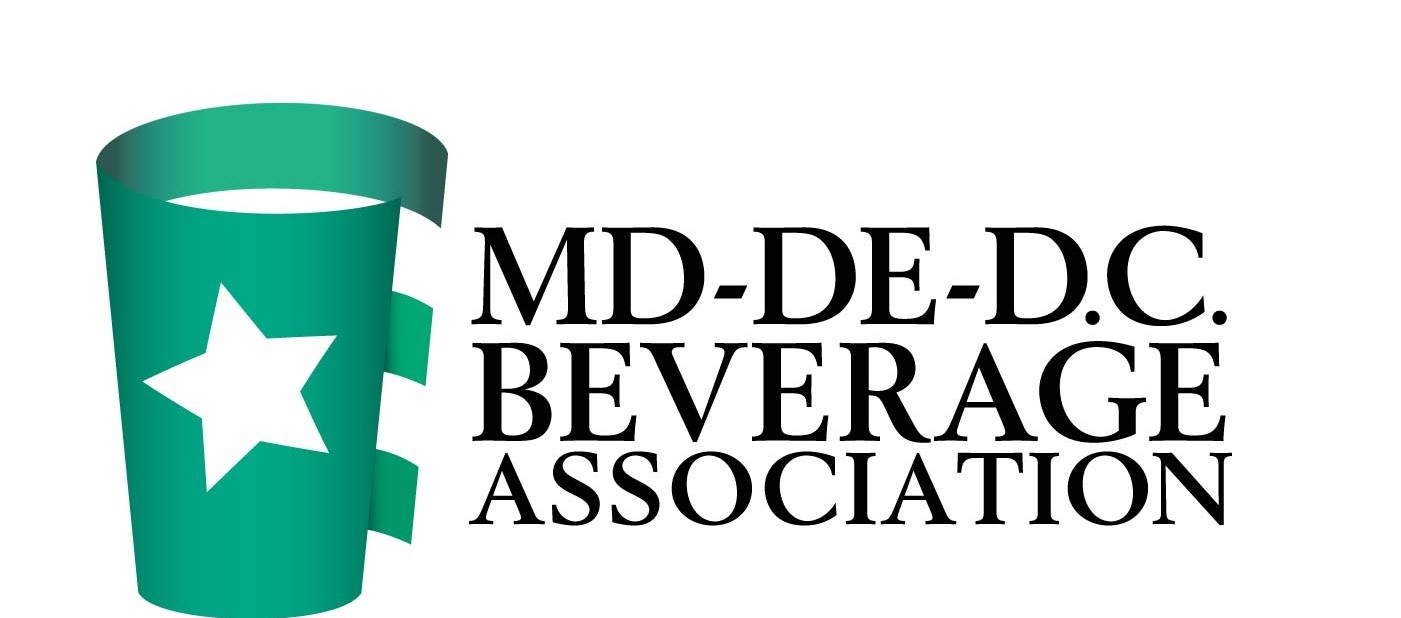Be Green Living Community Projects
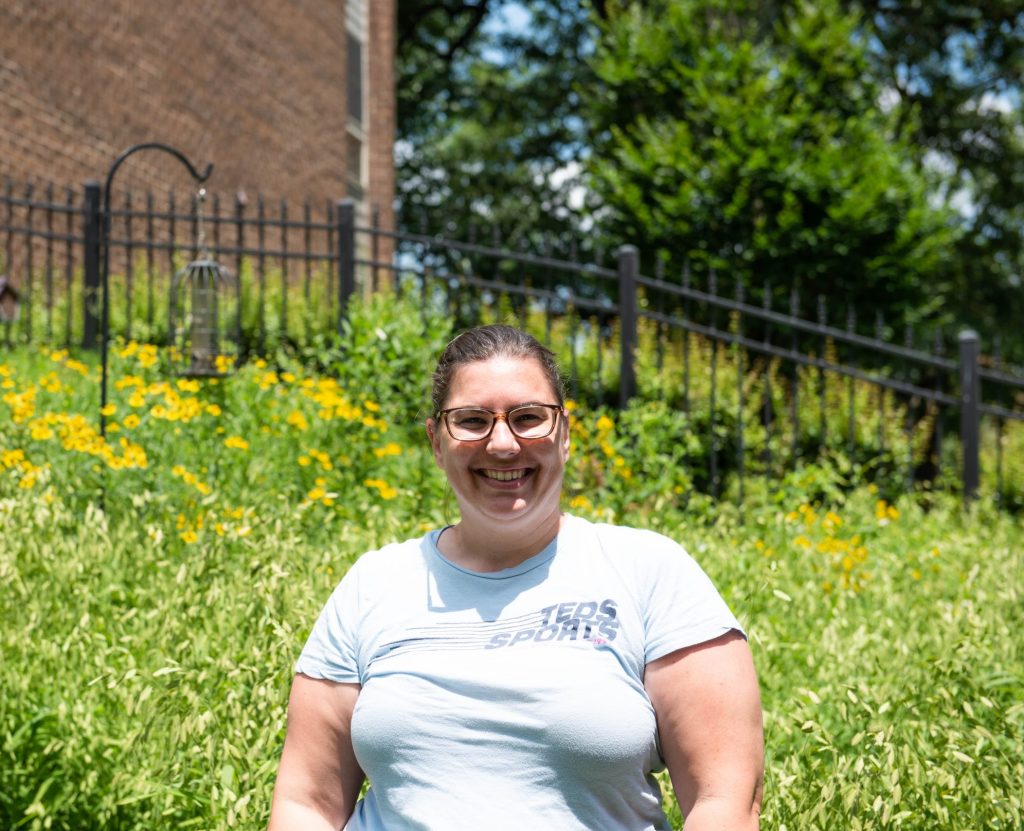 Stormwater Management Projects
Stormwater Management Projects
Bethesda Green works with the community to help mitigate harmful stormwater runoff that picks up harmful pollutants in the environment and flows into local waterways, and eventually into the Chesapeake Bay. Bethesda Green collaborates with private and public organizations to plant rain gardens and deploy stormwater technology to help filter rainwater and manage the release of stormwater into the environment. Check out our community stormwater projects here.
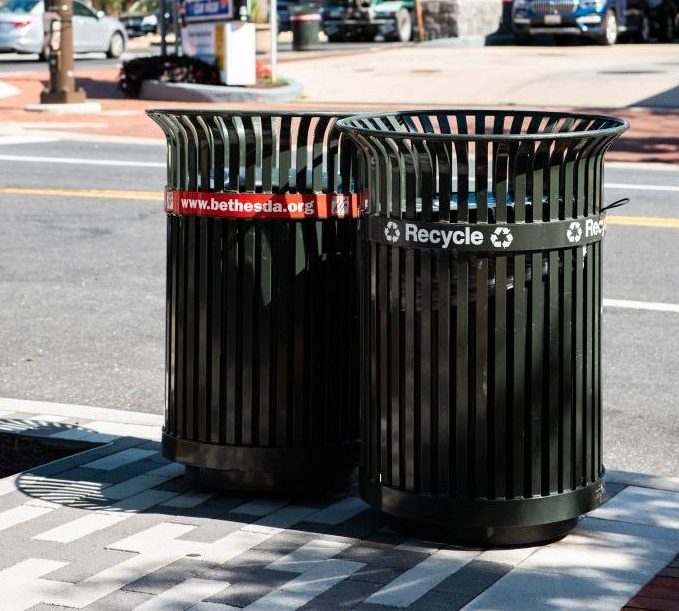
Street-Level Recycling
Since Bethesda Green’s founding in 2008 we have fought for better waste options in our community. One of our first initiatives as an organization was to install 38 recycling bins in downtown Bethesda. This project evolved into the Bethesda Recycles Project. This year we are back at it with a goal to install 50 new recycling bins in downtown Bethesda.
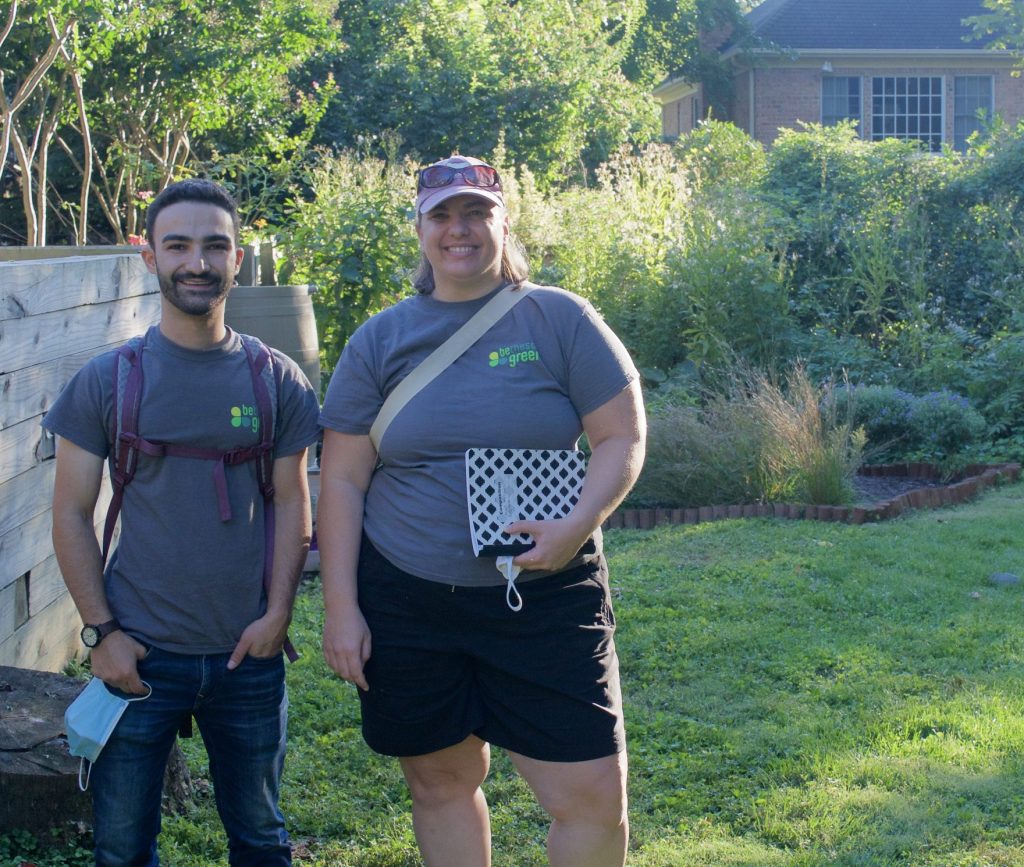 Pollinator Gardens
Pollinator Gardens
Bethesda Green has worked with volunteers and Environmental Leaders to plant three pollinator gardens in the area. We currently maintain these gardens with the help of our Be Green Living consultant Oran Lichtman. These pollinator gardens provide nectar and other resources that support crucial native pollinators such as butterflies, honeybees, bumblebees, and humming birds. One of the gardens has also been designed especially to absorb carbon from the atmosphere. All the gardens contain a variety of native species. Participants of our Environmental Leaders program use the gardens to learn about biodiversity. Learn more about our pollinator gardens and find resources to create your own!
Be Green Living and B Corp Initiatives Director, Kim Goddu-Alexander participated in the Montgomery County Climate Action Planning Transportation Technical Advisory Workgroup and the Public Engagement & Education Workgroup. The workgroups reviewed past climate reports and plans developed by the County as well as best practices from other jurisdictions. The workgroups recommended strategies that have high potential to meet the County’s GHG emission reduction goals in an equitable manner. The workgroups also identified data and knowledge gaps that could benefit from additional technical analysis.

